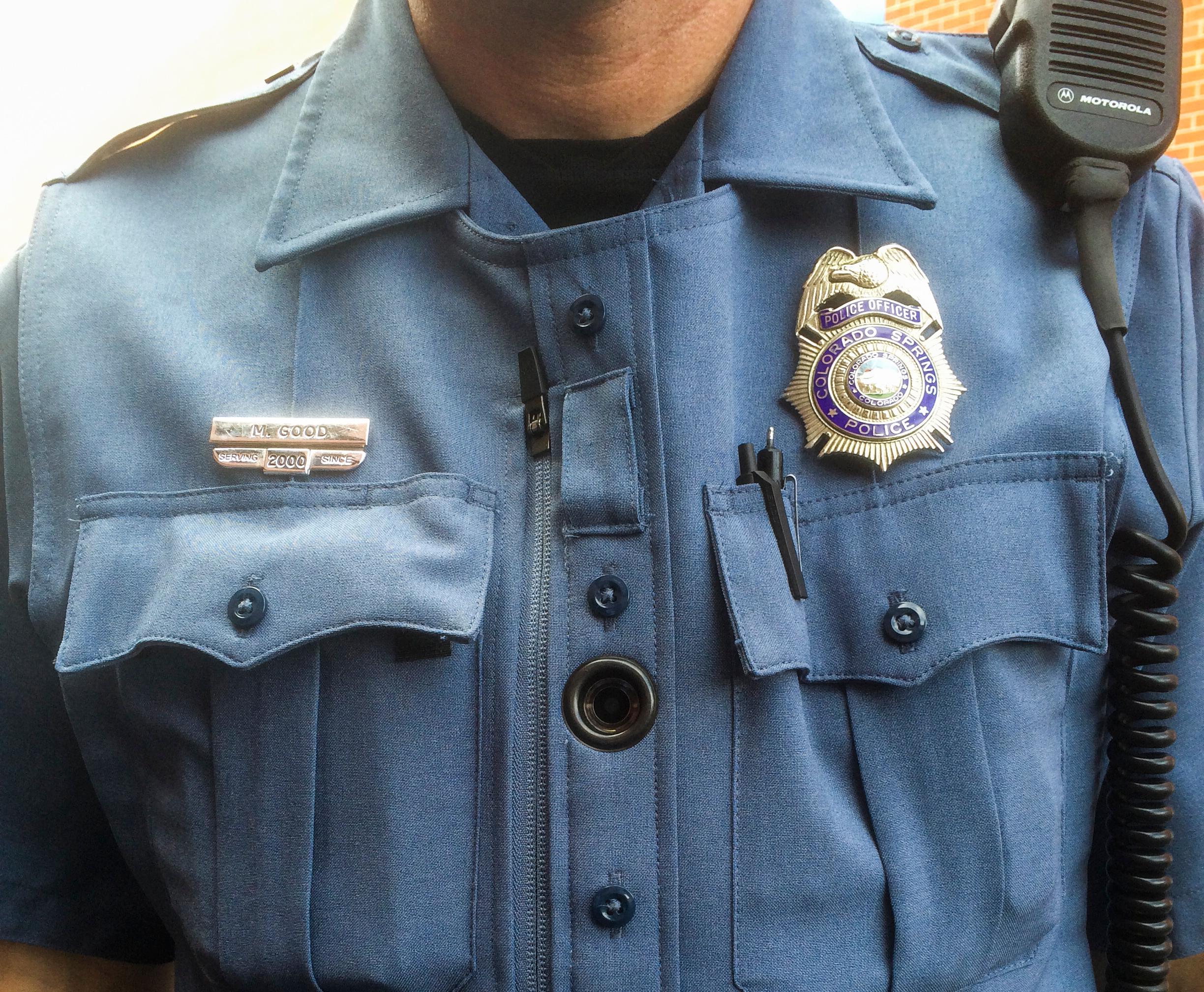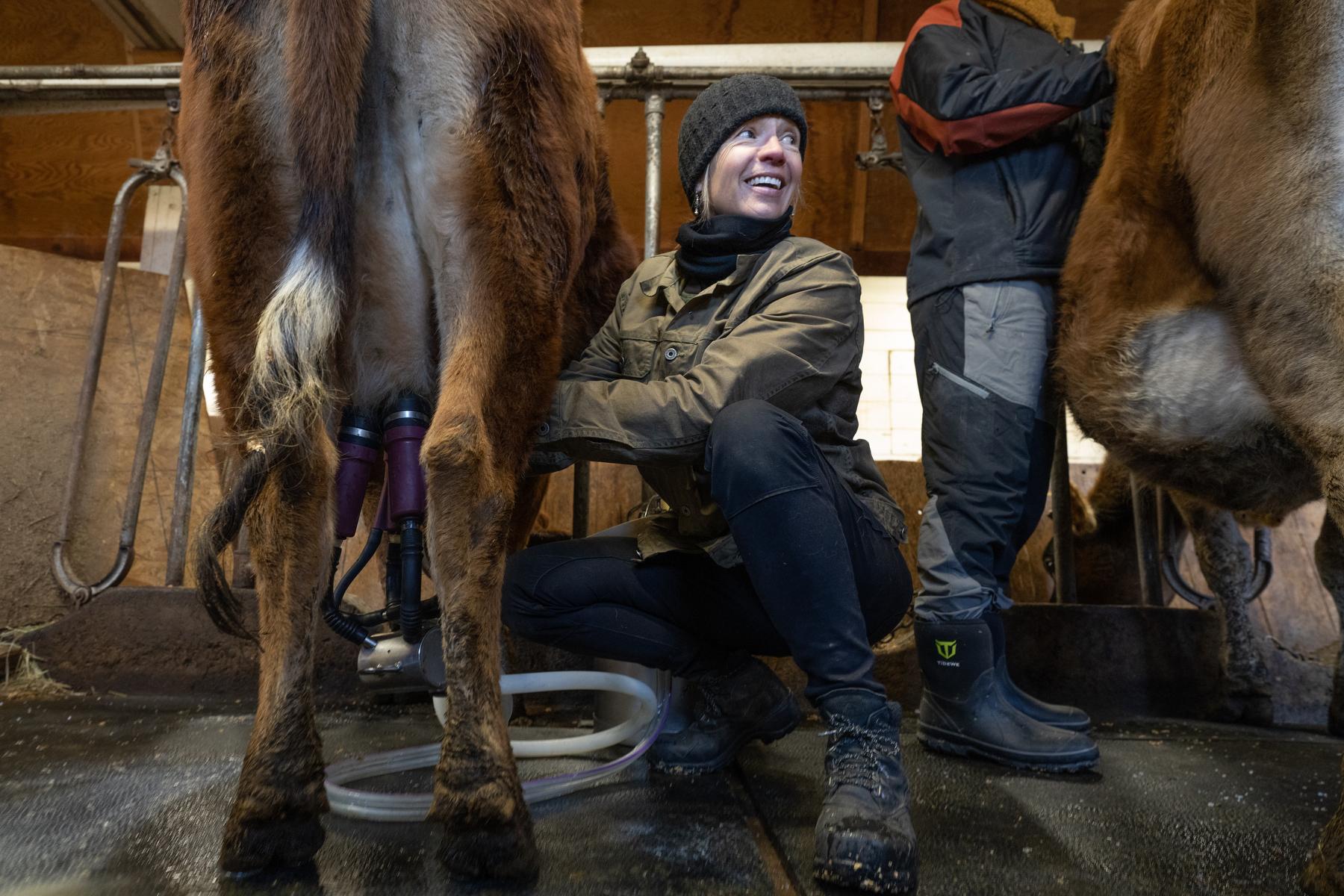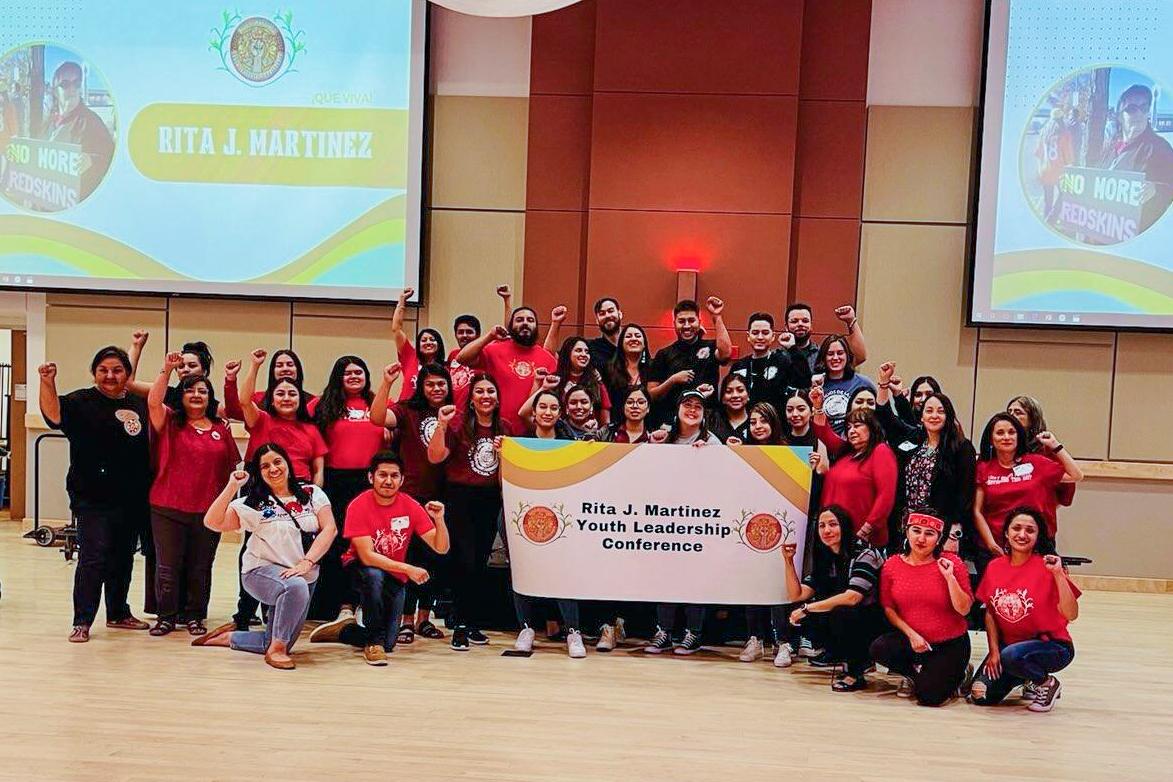
Many police departments, including dozens in Colorado, have adopted body cameras amid heightening tensions between civilians and sworn officers. They're seen as a way of holding police and the public accountable when there are confrontations.
"It's almost like having a third-party witness," said Colorado Springs Police Sgt. Tim Stankey, whose department launched its program earlier this week. "Obviously, the camera isn't going to lie."
The cameras will also generate an enormous amount of data. The questions now are what to do with it, and who has access to it.
Colorado Springs' program will start relatively small -- 65 cameras are now being used by officers in the city's southwest and downtown -- before growing to nearly 500 cameras by the end of the year.
The department will delete non-controversial video after 30 days, Stankey said. Footage that becomes evidence in a criminal case will be kept for much longer.
"It's my guess that there's going to be some video that's going to be kept forever," Stankey said.
But transparency advocates say the city's approach to sharing the encounters the cameras capture is worrisome.
Stankey said the department will only release videos to people who have a "legitimate" reason to view it. Here's the relevant section from a department-issued F.A.Q. about the new cameras:
Body Worn Camera footage is subject to the Colorado Criminal Justice Records Act (CCJRA). All requests for BWC footage must go through our Records and ID Section. The release of any video is handled on a case by case basis. Generally, those requesting video must have a specific relationship to the incident filmed and the video is not tied to an active investigation.
"I don't think we're keeping anything secretive," Stankey said. "We're just not sharing it with anyone who doesn't have a right to know."
Such a policy sounds "overly restrictive," said Steven Zansberg, a lawyer and president of the Colorado Freedom of Information Coalition.
A 2008 Colorado Supreme Court ruling, Zansberg said, instructs records custodians (in this case, the police department) to provide the public with "as much information as possible."
Privacy concerns should be addressed by redacting sensitive information, Zansberg said, not by withholding records altogether. Such a system would be counterproductive, he said.
"One of the principal reasons they've been adopted nationwide is to restore public trust in the police departments," Zansberg said. "And to withhold records that were created with that purpose in mind creates suspicion and undermines their very purpose."
But redacting private information after-the-fact would be a huge -- and costly -- burden for staff, Stankey said.
"Is that reasonable to put that on the taxpayers' backs?" he said. "Whoever might be requesting that video might not have a legitimate reason to have it."
National civil rights groups, including the American Civil Liberties Union, say any footage that captures police use of force should be made available to the public and press "upon request." In addition, they say law enforcement must consider privacy concerns before publishing footage to broad audiences.
In Colorado, the question is still unresolved. Earlier this year, a legislature-commissioned report issued body camera policy recommendations for law enforcement agencies in Colorado. The study group discussed when and how footage should be released, but "time limitations precluded the development of recommendations" on that particular issue.








